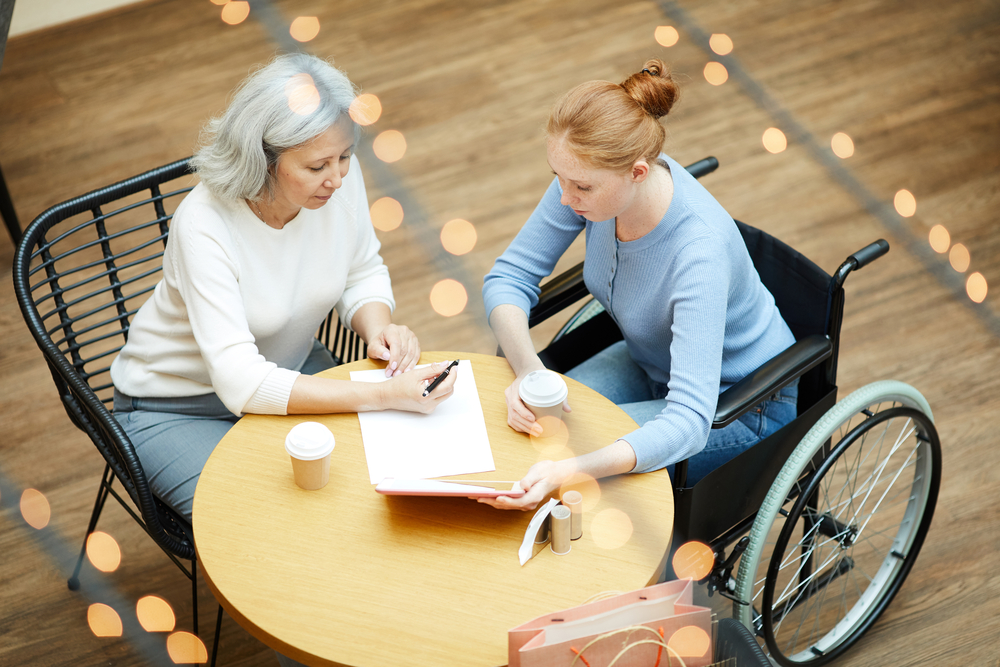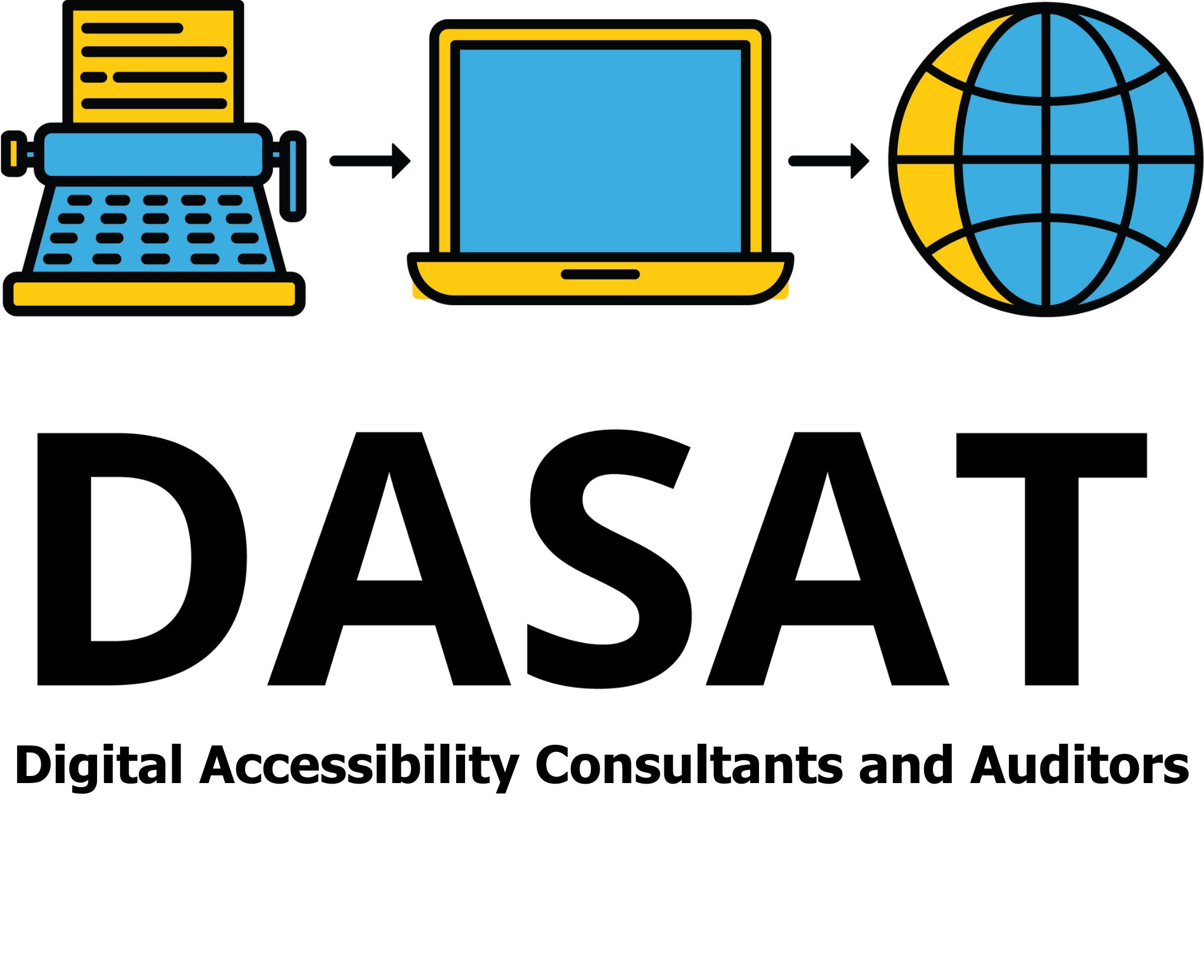
One of the themes that we have been exploring in a couple of our podcasts is becoming disabled when you are older. Patick Dillon, Jaceen Ross and I experienced this. Whether it’s due to age-related conditions, injuries, or chronic illnesses, adjusting to life with a disability can present unique challenges and opportunities. It is mentally, emotionally, and physically challenging and can be very unexpected. In this blog post, we’ll explore the journey of becoming disabled in later life and offer insights on how to embrace this change with resilience and grace.

Embracing the Journey
For many individuals, the realization of a disability later in life can be a profound moment. It may come with feelings of loss, uncertainty, and fear of the unknown. However, it’s important to recognize that disability is not a barrier to a fulfilling life—it’s simply a new chapter in one’s journey.

Adapting to Change
Adapting to life with a disability often involves making adjustments, mental, practical and emotional. Becoming suddenly dependent on others can, for some be the biggest challenge after years of independence. This may include modifying your living space, learning new ways to accomplish daily tasks, or seeking support from loved ones and professionals.
It is about changing the way that you think. Barriers become challenges. It is about becoming more curious once you’ve gone through the phases of grief. And you will grieve. After all, it is losing one way of life and moving to a different phase. It’s okay to grieve.
Regardless of how long you have left, it is about living life in the best way that you can. Most people with disability can still work with modifications. People with disability can support others in the community by joining support groups for people in a similar situation. We can go out to the movies or to eat out. We live and have fun.
Don’t forget that It’s okay to ask for help and take the time you need to adjust to these changes.

Strength in Resilience
While facing a disability later in life can be challenging, it can also cultivate resilience and strength. Many individuals discover newfound abilities, passions, and perspectives as they adapt to their new circumstances. By focusing on what you can do rather than what you can’t, you can find a sense of empowerment and purpose. You may also find that your so called weaknesses become stronger as you find new ways of doing the same thing. After all, Rome wasn’t build in a day.

Support Network
Navigating disability in later life is not a journey you
have to take alone. Building a strong support network can provide
encouragement, assistance, and companionship along the way. This may include
family members, friends, support groups, or healthcare professionals who
understand your unique needs and challenges.

Embrace Assistive Technology
Advancements in technology have made life more accessible for individuals with disabilities. From mobility aids to communication devices, there are countless tools and resources available to help you live independently and comfortably. Embracing assistive technology can open up new possibilities and enhance your quality of life.
![]()
Self Compassion
Above all, it’s essential to practice self-compassion as you navigate the ups and downs of life with a disability. Be patient with yourself, celebrate your successes, and allow yourself to grieve the losses that come with change. Remember that your worth is not defined by your abilities, but by the strength and resilience you demonstrate each day.

Conclusion
Becoming disabled later in life is not the end of the
road—it’s a new beginning. By embracing change, adapting with resilience, and
building a supportive community, you can navigate this journey with courage and
grace. Remember that you are not alone, and there is beauty and strength to be
found in every step of the way.
